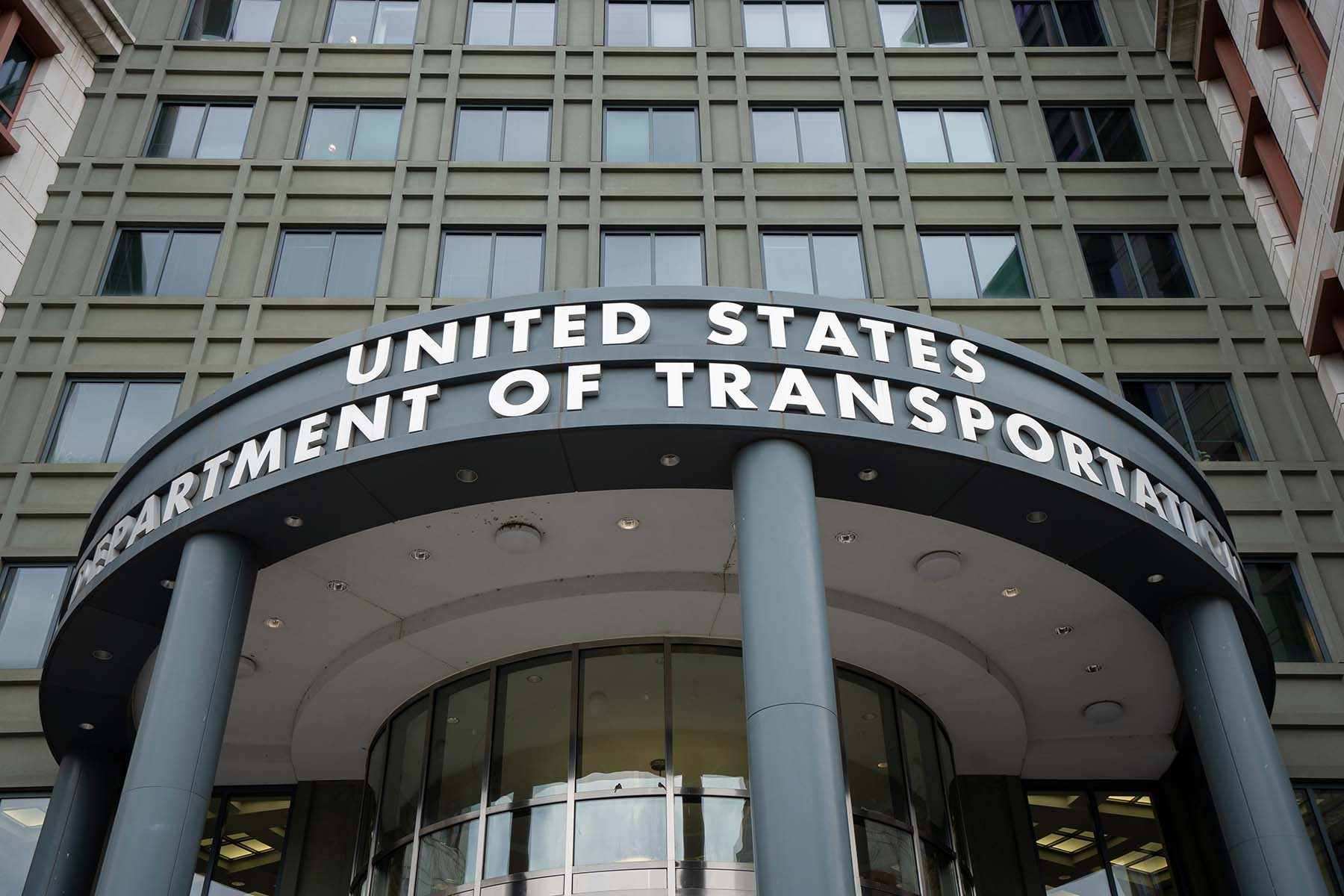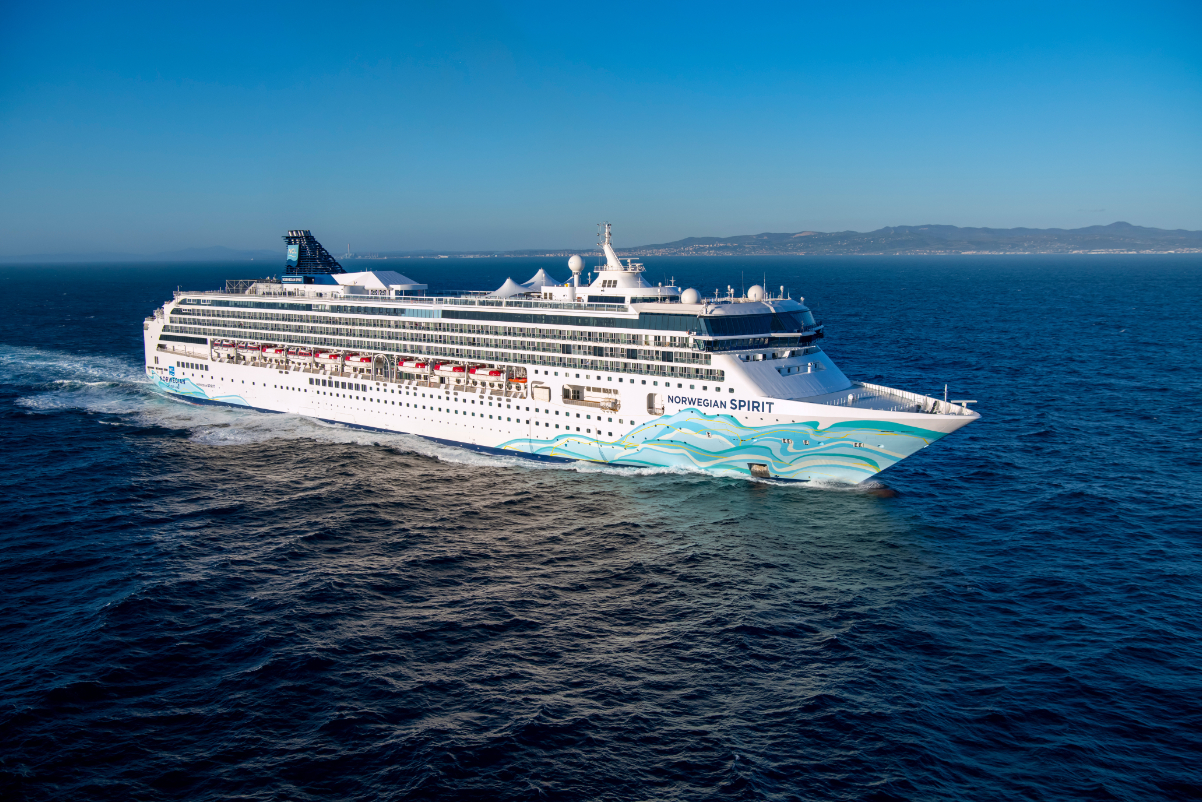Global Muslim Travel Index Ranks Singapore and Malaysia as Top Destinations
Skift Take
Singapore comes in first place once again on a list of top destinations for Muslim travelers on MasterCard and CresentRating's annual Global Muslim Travel Index.
CresentRating released its index for the first time in 2011 and MasterCard partnered on the project for the first time this year.
The Global Muslim Travel Index ranks destinations on a scale of 0 to 100. Criteria for the index include how much of a holiday and family destination a country is, how safe it is for Muslims, the number of Muslim visitor arrivals, Halal dining options, availability of prayer spaces, and ease of communication.
The Muslim travel market was worth $145 billion last year, with 108 million Muslim travelers representing 10% of the global travel economy, according to the two companies. They forecast that these numbers will grow to 150 million travelers by 2020, accounting for 11% of the global travel economy and spending nearly $200 billion per year.
The Index evaluated 29 member countries from the Organization of Islamic Cooperation, a political union of 57 member countries with predominantly Muslim populations that have delegations to the United Nations and European Union, along with 81 non-member countries.
The two companies say they chose Singapore as the top destination for Muslims among non-member countries because of its abundance of Halal dining options and its investment in embracing processes providing more transparency for Muslim visitors, including establishing a dedicated Halal certification body.
This marks the fifth consecutive year Malaysia was chosen as the top predominantly Muslim country for Muslims to visit. The companies cited Malaysia's plan to improve the Muslim traveler experience, and for having dedicated prayer spaces in public places like shopping malls and theme parks. Malaysia and Turkey combined attracted 13% of all Muslim travelers.
Saudi Arabia had the highest number of Muslim arrivals of any country last year (10.2 million), largely due to religious travel such as the annual Islamic pilgrimage known as the Hajj, followed by Turkey (7.6 million), and Malaysia (5.9 million), MasterCard's data found.
Impact of Recent European Attacks on Muslim Travel?
Attacks linked to religious zealots in Paris, France and Copenhagen, Denmark has led to backlash against Muslims, particularly in France. Still, France ranked fifth overall among non-member Organization of Islamic Cooperation Countries while placing 31st in the overall index.
Fallout from the attacks have not impacted Muslim travel in Europe but if unrest grows then Muslim arrivals and travel patterns could potentially change, said Matthew Driver, president of MasterCard Southeast Asia.
Index scores ranged from 83.8 to 64.3 out of 100 for the top 10 Organization of Islamic Cooperation member countries' sub-ranking and scores ranged from 65.1 to 46.2 for the non-members' sub-ranking -- highlighting the fact that the state of travel for Muslims isn't exactly outstanding in the non-member countries.
Still, improvements and planned initiatives in non-member countries such as Singapore and Malaysia continue contributing to their overall rise as popular destinations.
Top 10 Non-Member Organization of Islamic Cooperation Countries for Muslim Travelers to Visit
| Rank | Country | Score |
|---|---|---|
| 1 | Singapore | 65.1 |
| 2 | Thailand | 59.2 |
| 3 | UK | 55 |
| 4 | South Africa | 51.1 |
| 5 | France | 48.2 |
| 6 | Belgium | 47.5 |
| 7 | Hong Kong | 47.5 |
| 8 | US | 47.3 |
| 9 | Spain | 46.5 |
| 10 | Taiwan | 46.2 |
Top 10 Organization of Islamic Cooperation Member Countries for Muslim Travelers to Visit
| Rank | Country | Score |
|---|---|---|
| 1 | Malaysia | 83.8 |
| 2 | Turkey | 73.8 |
| 3 | UAE | 72.1 |
| 4 | Saudi Arabia | 71.3 |
| 5 | Qatar | 68.2 |
| 6 | Indonesia | 67.5 |
| 7 | Oman | 66.7 |
| 8 | Jordan | 66.4 |
| 9 | Morocco | 64.4 |
| 10 | Brunei | 64.3 |
Source: MasterCard and CrescentRating
[gview file="https://skift.com/wp-content/uploads/2015/03/MasterCard-Muslim-Index.pdf"]




